Are you struggling to get your content noticed online? You’re not alone! In a world overflowing with information, making your voice heard can feel like searching for a needle in a haystack. Many people face this challenge, and it’s completely understandable!
But don’t worry—if you stick around, we’re about to unravel the secrets to optimizing your content for maximum visibility and engagement. By leveraging some handy tips, you’ll be well on your way to reaching your audience and achieving your goals.
Get ready to explore the power of keywords, user intent, and high-quality content creation, along with crucial insights into backlinks and SEO practices. With this knowledge, you’ll transform your online presence and connect with your audience like never before!
Key Takeaways
- Use relevant keywords naturally in your content to improve visibility.
- Match your content with what users are searching for to enhance engagement.
- Create high-quality, engaging content that keeps readers interested.
- Build authority by earning quality backlinks from reputable sites.
- Ensure your website is easy to navigate and loads quickly.
- Monitor your online reputation and respond to reviews to build trust.
- Utilize Google tools for better visibility and to analyze performance.
- Keep up with trends using Google Trends and Analytics to stay competitive.
- Implement technical SEO for better site indexing and crawlability.
- Stay updated on Google algorithm changes to adapt your SEO strategies.
- Analyze performance for opportunities to expand your content and reach.

1. Optimize Your Content with Relevant Keywords
To get noticed online, you need to sprinkle relevant keywords throughout your content.
Research these keywords using tools like Google Keyword Planner or even checking suggestions in the Google search bar.
For example, if you’re writing about online courses, terms like “how to create a course” or “best platforms for online learning” could be valuable.
Use these keywords in your headings, subheadings, and naturally within your text.
But don’t overdo it! Stuffing keywords can hurt your quality and search rankings.
Keep it natural, like how you would talk to a friend about the topic.
2. Match Content to User Search Intent
Understanding what your audience is looking for is key to creating relevant content.
Are they searching for a quick answer, or are they looking for detailed guidance? Adjust your content accordingly.
For instance, if someone searches for “how to create a course,” they probably want step-by-step instructions.
Include significant steps, like planning your syllabus first and choosing the right platform, such as creating a course on Udemy.
Using tools like AnswerThePublic can give you insights into what questions people are asking about your topic.
This alignment not only improves user experience but can also boost your SEO ranking.
3. Create High-Quality and Engaging Content
If your content isn’t engaging, readers will bounce faster than a bad date.
Start with a strong hook—an interesting fact or bold statement can grab attention.
Keep sentences and paragraphs short; nobody wants to read a wall of text.
Emphasize quality over quantity. One well-researched article beats five fluff pieces any day.
Also, consider adding visuals or infographics to break up text and illustrate your points. They can enhance understanding.
Finally, end with a call-to-action, inviting readers to comment or share their thoughts.

4. Build Authority with Quality Backlinks
Backlinks are like votes of confidence from other websites to yours.
When credible sites link to your content, search engines notice and boost your rankings.
Start by reaching out to bloggers and websites in your niche for guest post opportunities.
Sharing insights on platforms like Medium can also attract attention and backlinks.
Remember to create content that’s worth linking to—like definitive guides or unique studies.
Using tools like Ahrefs can help you identify backlinking opportunities and track your progress.
5. Improve Website Structure and User Experience
Your website should be easy to navigate and visually appealing.
A clean layout with intuitive menus will keep visitors on your site longer, reducing bounce rates.
Ensure that your website loads quickly. Users won’t wait around if it takes forever to load.
You can check your website speed through tools like Google PageSpeed Insights.
Consider implementing a responsive design so your site looks great on any device—this can boost user engagement.
6. Manage Your Online Reputation
Your online reputation can make or break your brand.
Regularly monitor reviews on sites like Yelp or Google My Business to see how you’re perceived.
Responding to both positive and negative reviews shows you’re engaged with your audience.
Utilize tools like Mention to keep tabs on what’s being said about you online.
Remember, a personal touch in your responses can turn a negative review into a positive experience!
7. Utilize Google’s Ecosystem for Visibility
Google offers a suite of tools that can significantly enhance your visibility online.
Setup a Google Business Profile to get your business on the map—literally!
Using Google Ads can also help you reach a wider audience quickly.
In addition, leveraging Google Analytics can provide insights into website traffic and user behavior, improving your marketing strategies.
Exploring Google Search Console can help you understand how your site performs and where you can enhance it.
8. Analyze Trends with Google Trends and Analytics
Keeping up with trends can position you ahead of the competition.
Google Trends allows you to see how popular a topic is and what queries people are searching for.
This tool can help you tailor your content for what’s currently trending.
Using Google Analytics will help you assess which pages perform best, allowing you to replicate success.
Combining insights from both tools can fine-tune your content strategy significantly.
9. Implement Technical SEO Practices
Technical SEO ensures that search engines can crawl and index your site effectively.
Start by optimizing your site’s XML sitemap and ensuring it’s submitted to Google Search Console.
Make sure your website’s URL structure is clean, simple, and descriptive.
Use header tags appropriately to highlight important content sections.
Enhancing site speed and ensuring mobile-friendliness are essential technical aspects that impact SEO.
10. Stay Informed on Google Algorithm Updates
Google frequently updates its algorithms, affecting search rankings and visibility.
Following industry news through sites like Moz or Search Engine Land can keep you in the loop.
Understanding these changes can help you adapt your strategies and maintain your site’s rankings.
Regular audits of your content and SEO practices can prevent you from falling behind.
11. Use Insights for Market Expansion
Analyzing your performance can reveal opportunities for growth.
Identify which topics drive traffic and explore related areas to develop new content.
This can help you capture a larger audience and establish yourself as an expert.
Look into your competitor’s strategies based on their backlink profiles and successful content.
This insight can guide your own expansion efforts and help you enter new markets.
Conclusion
Improving your online presence is a comprehensive task that requires attention to detail and consistent effort.
By optimizing your content, managing your reputation, and utilizing tools effectively, you’ll be well on your way to success.
Integrate these actionable strategies into your routine, and watch your visibility and authority grow!
FAQs
Relevant keywords are terms related to your content that users search for. Use keyword research tools like Google Keyword Planner or SEMrush to identify popular keywords in your niche that can drive traffic to your website.
Improve user experience by optimizing page load speed, ensuring mobile responsiveness, simplifying navigation, and creating clear calls-to-action. A positive experience encourages visitors to stay longer and engage with your content.
Quality backlinks are links from reputable websites to your content. They enhance your site’s authority, improve search engine rankings, and drive referral traffic. Focus on obtaining backlinks from relevant and trustworthy sources.
Google Trends allows you to analyze the popularity of search queries over time, helping you identify trending topics and keywords. This insight can guide your content creation to align with user interests and increase visibility.
